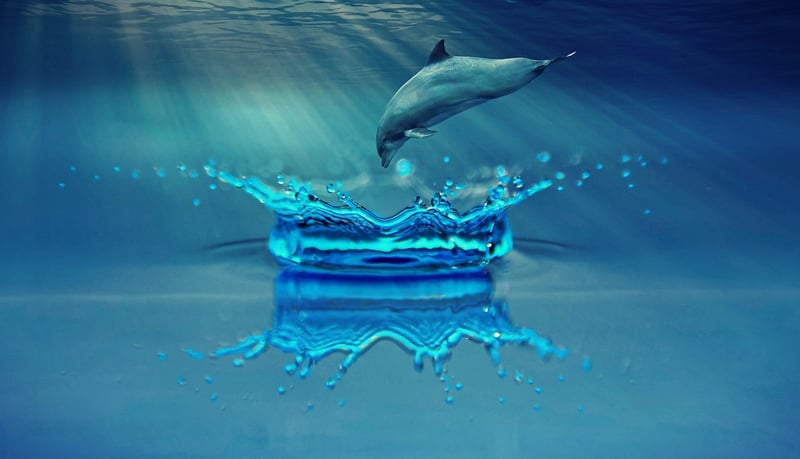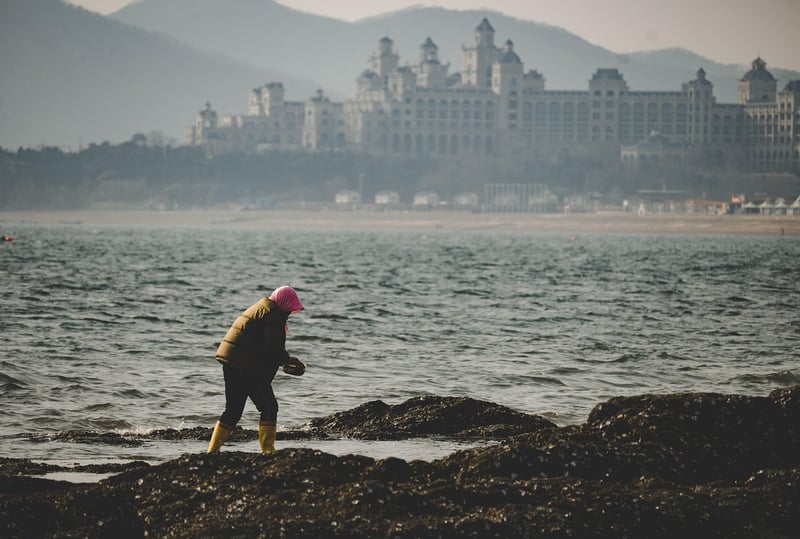Marine Protection
The Importance of Marine Protection in Preserving Biodiversity and Habitats
Marine protection plays a crucial role in preserving biodiversity and habitats in our oceans. With increasing threats such as pollution, overfishing, and climate change, it is more important than ever to safeguard our marine ecosystems.
Why Protecting Marine Life Matters
Marine life encompasses a vast array of species, from tiny plankton to giant whales, each playing a unique role in the ecosystem. Protecting marine life helps maintain the delicate balance of ocean ecosystems and ensures the health of our planet.
The Benefits of Marine Protected Areas (MPAs)
Marine Protected Areas (MPAs) are designated regions in the ocean where human activities are regulated to conserve marine resources. These areas serve as sanctuaries for marine life to thrive, allowing populations to recover and habitats to regenerate.
- Conservation of Biodiversity: MPAs help protect a wide variety of marine species, preserving genetic diversity and ensuring the resilience of ecosystems.
- Habitat Restoration: By limiting human disturbances, MPAs allow damaged habitats to recover, supporting critical functions such as breeding and feeding grounds.
- Economic Benefits: Healthy marine ecosystems in MPAs can boost fisheries, support tourism, and provide natural coastal protection, benefiting both local communities and economies.
How You Can Contribute to Marine Protection
Every individual can make a difference in marine protection efforts. Simple actions such as reducing plastic use, supporting sustainable seafood choices, and raising awareness about marine conservation can have a positive impact on our oceans.
Together, we can work towards a sustainable future where marine life thrives, biodiversity is preserved, and habitats remain intact for future generations to enjoy.

Image Source: Pixabay
